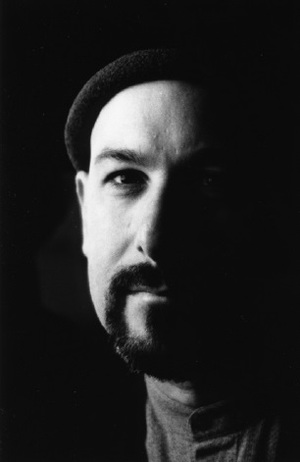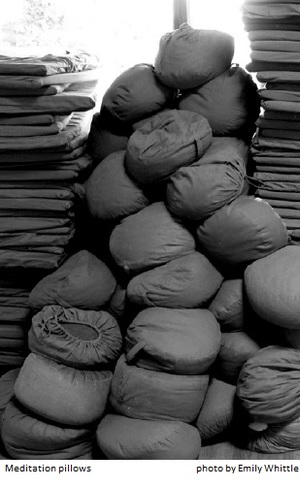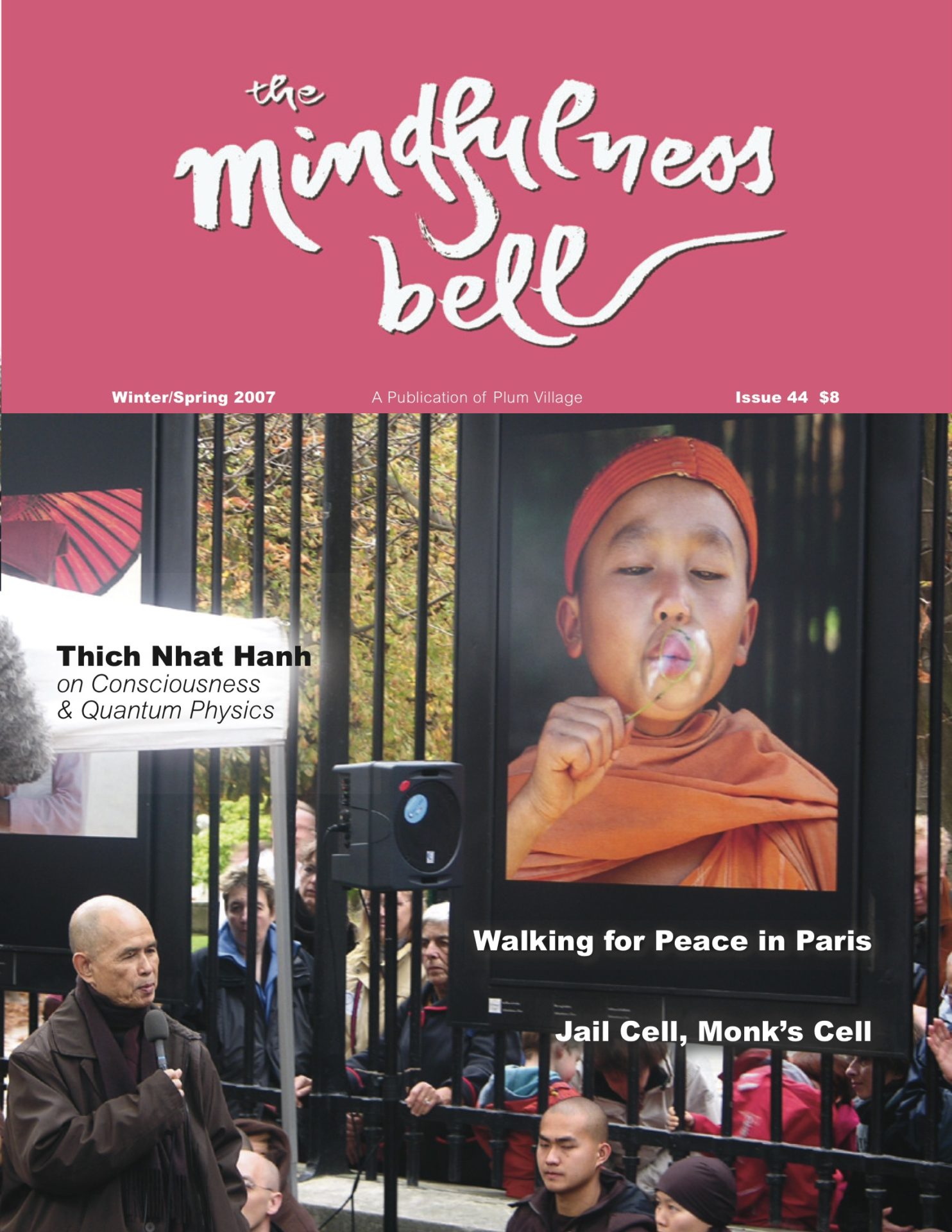By Marc Rosenbush
Zen Noir began about thirteen years ago, when I was sitting in a Japanese Zen temple in Chicago. It was about 4:30 in the morning, and I was facing a row of fellow meditators and watching their heads bob up and down as they tried not to fall asleep and slide off their cushions onto the floor. Just then, a strange thought suddenly occurred to me. “What would happen if one of them just keeled over,
By Marc Rosenbush
Zen Noir began about thirteen years ago, when I was sitting in a Japanese Zen temple in Chicago. It was about 4:30 in the morning, and I was facing a row of fellow meditators and watching their heads bob up and down as they tried not to fall asleep and slide off their cushions onto the floor. Just then, a strange thought suddenly occurred to me. “What would happen if one of them just keeled over, dead?”
Of course the literal answer to this was that we’d all rush over to see what happened and then call an ambulance. But at that moment, for whatever reason, I found myself thinking in non-literal terms, thinking about the Buddhist view of death and how it differs from the way we usually think about death in the West. Here we’re taught that death is fundamentally unnatural, something that may happen to other people but is certainly not supposed to happen to us. So we obsess about youth and undergo painful plastic surgery and hide our old people away, all to avoid having to face our own mortality.

There it was, the germ of an idea. I’d write a movie about a Westerner who has to confront the reality of death. And that was when the second idea suddenly popped into my head: why not make him a detective?
At last it all clicked: I’d write a mystery that takes place in a Zen temple, in which the detective must solve a koan that can’t be solved with logic or reason or any of the detective’s traditional Western tools. Instead of a murder, he’d have to solve the mystery of death itself.
Deep stuff. But it would also be funny. I’d adapt some traditional Chinese dialogs between Master and Student, which always felt like comedy routines to me anyway…
Student: Help me. Do something. Help me still my mind.
Master: Okay. Give me your mind.
So I started writing, and at first it went well. The characters were interesting, the jokes were working, and the message was…
Hmm. I stopped writing. For nearly four years. Something was missing. I knew I had a great, funny, intellectual idea for a film, but I kept feeling there was something more I could bring to it.
And that was when three things happened that changed my life forever:
- I got divorced.
- I lost a lot of money on a large project.
- I discovered the books of Thich Nhat Hanh and came to Plum Village for the first time.
The divorce and the financial loss had left me in a deep depression, but Thây’s teachings and the simple but powerful practices I learned in Plum Village changed me in some very profound ways:
- A conversation with Sister Annabel helped me understand how to fully engage with my own suffering and see that it was something I felt, but that I was not that feeling.
- Thây’s dharma talk about flowers and garbage helped me to better understand that the cycle of birth and death and transformation are all part of a single endless process that’s to be celebrated, not feared.
- A story in Sister Chân Không’s book Learning True Love helped show me what living in the present moment is truly all about (this story even ended up in Zen Noir in a modified form, but you’ll have to see the movie to find out which story I’m talking about).
- An older monk whose name I never learned helped me put my own suffering in perspective and become more aware of suffering in the world.

Back home, as I began to incorporate the practice more deeply in my daily life, I found myself happier, more grounded, easier to be around, and less likely to get upset about the challenges I encountered.
And I began to write Zen Noir again.
The suffering I’d experienced and the transformation I’d undergone brought a much more personal, emotional flavor into the writing, and helped me discover what the film would really be about: impermanence and how Buddhism helps us understand and deal with it.
I won’t bore you with the long, slow process of getting the film made and distributed (independent filmmaking is a koan in and of itself), but suffice it to say the process was a constant test of my own mindfulness practice and required a lot of stopping and breathing as chaos swirled around me. In any case, many years and film festivals and awards later, Zen Noir is finally out in the world, doing what a movie is supposed to do, making people laugh and cry and learn and grow.
I’d like to share one last story to give you an idea of how Thây’s teachings and the lessons I learned at Plum Village are affecting people through the film.
At the Rhode Island International Film Festival, a woman in her seventies came up to me after the screening. She touched my arm and told me that she knew nothing about Buddhism, but that her husband had died just a few months earlier, and somehow watching Zen Noir helped her feel better about it. She then hugged me and thanked me and went on her way.
I’d like to pass that hug and that thanks on to Thây, Sister Chân Không, Sister Annabel, the monk whose name I never learned, and to all my friends and teachers at Plum Village, Maple Forest, Deer Park, and elsewhere. You are as much the authors of Zen Noir as I am and I bow humbly in appreciation.
Zen Noir opened in select U.S. cities in September 2006, and the DVD will be available in early 2007.
Marc Rosenbush, Elucidation of the Source, is an independent filmmaker based in Los Angeles.

